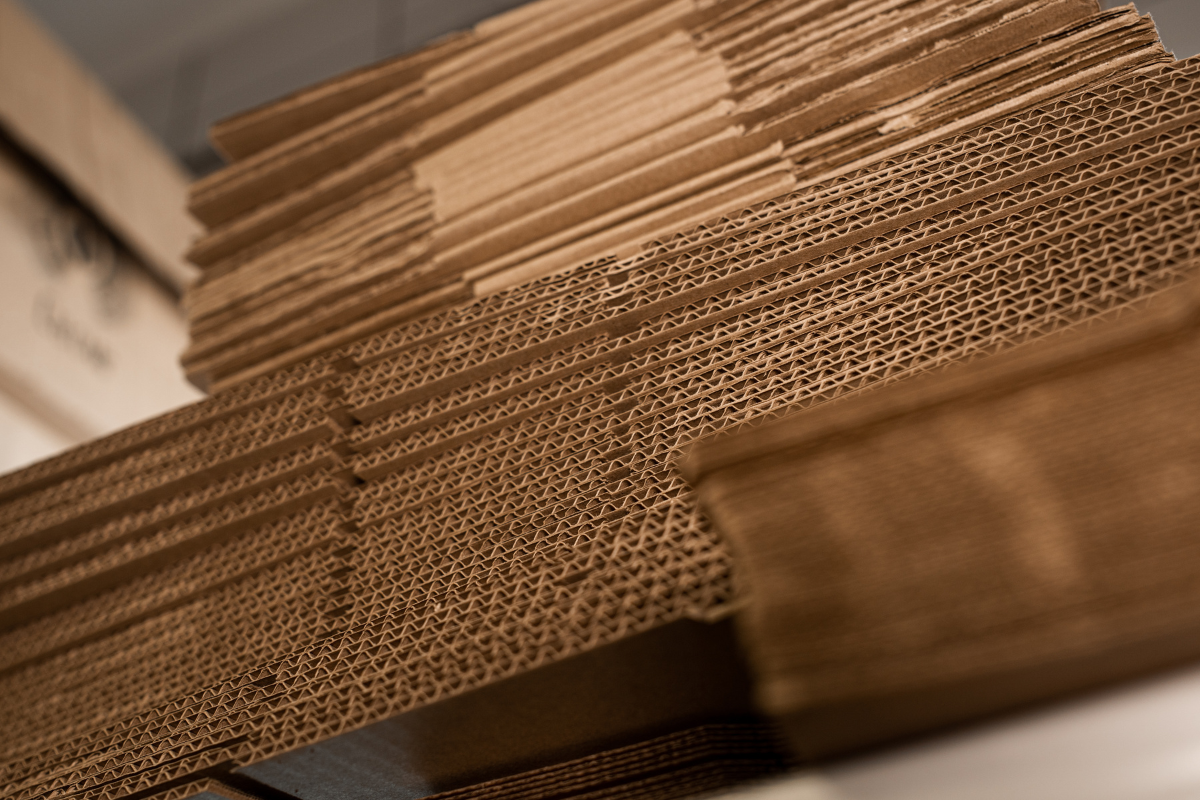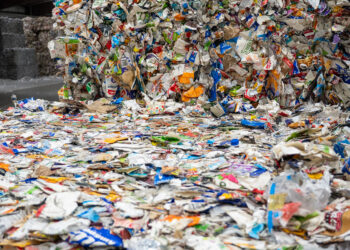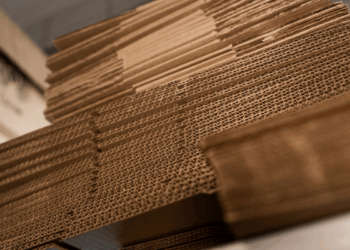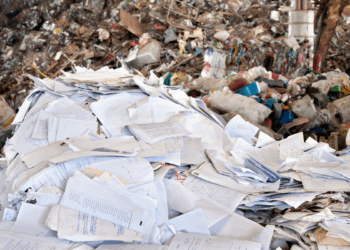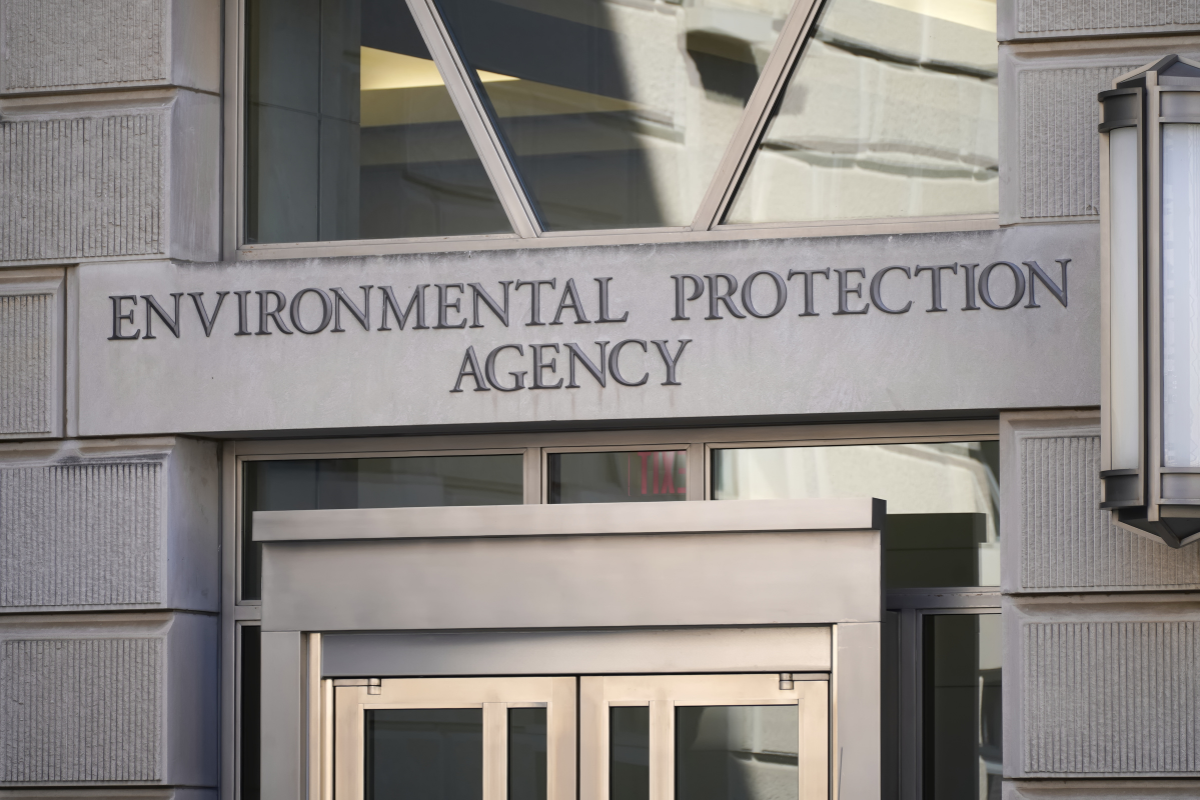Packaging Corporation of America will buy Greif’s containerboard business, with the $1.8 billion all-cash deal expected by the end of PCA’s third quarter, in the latest development for an industry experiencing tumult.
The acquisition will give PCA increased capability to produce products with higher recycled content, according to a July 1 8-K filing with the U.S. Securities and Exchange Commission. Greif indicated during its December 2024 earnings presentation that its top priority in the short term was reducing debt load.
The Greif containerboard business includes two mills with a combined capacity of about 800,000 tons, and eight sheet feeder and corrugated plants, according to the PCA press release.
The affected locations include:
- Gladstone, Virginia: 575,000 ton capacity mill; semi-chemical medium and recycled linerboard on two machines
- Massillon, Ohio: 225,000 ton capacity mill; recycled medium on two machines
- Sheet feeders in Cincinnati, Ohio; Mason, Michigan; Massillon, Ohio; and Palmyra, Pennsylvania
- Full-line facilities in Concord, North Carolina; Dallas, Texas; and Louisville, Kentucky
- Greensboro, North Carolina: sheet plant
PCA is the third-largest producer of containerboard products and a leading producer of uncoated freesheet paper in North America, operating eight mills and 86 corrugated products facilities, the company said in the press release.
“The mills nicely complement PCA’s system and will provide containerboard to support PCA’s continued corrugated products growth,” said PCA CEO Mark Kowlzan in the release.
PCA President Tom Hassfurther added, “Greif’s people have developed deep and lasting relationships with their customers, who we look forward to serving with Greif’s well capitalized facilities. It is a very strong cultural fit with us in terms of safety, innovation, growth and dedication to serving the needs of customers.”
“The sale of our Containerboard business is fully aligned with our Build to Last strategy and unlocks immediate value for our shareholders. It represents a pivotal step in our work to sharpen our portfolio, enhance our capital efficiency, and advance our growth priorities,” said Greif CEO Ole Rosgaard in his company’s press release.
In a December 2024 earnings call, Rosgaard said, “The biggest growth opportunity we see from a total addressable market and end-market growth perspective is in polymer-based products,” and this contributed to the company’s reorganization of its business units by material type rather than by end market.
Industry under pressure
In early 2025, Greif shut down a recycled paperboard machine in Georgia and an uncoated recycled paperboard mill in Massachusetts, reducing its overall containerboard capacity by 100,000 tons and its uncoated recycled paperboard capacity by 90,000 tons.
Then in May, Greif announced it was closing its recycled coated paperboard mill in Los Angeles, as part of “previously announced optimization efforts.” The same month, competitor Smurfit Westrock announced four plant closures, part of a “streamlining and decentralization” effort.
During second-quarter investor calls, fiber company executives indicated displeasure with index pricing amid uncertain demand outlooks for corrugated packaging. Greif in particular said in June that price indexes had not sufficiently addressed margin loss amid rising costs.
PCA and Graphic Packaging both announced last year that they would decouple from third-party indexes starting in early 2025, due to what Hassfurther said was a “large disconnect … to what’s really going on in the marketplace.”












